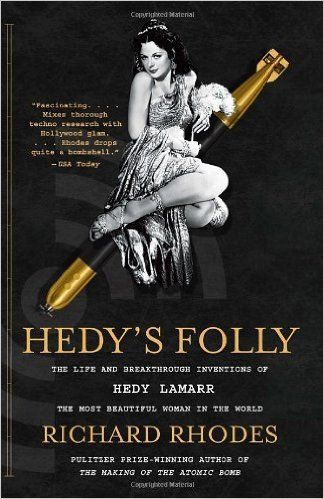Inkstainedwretch
One Too Many
- Messages
- 1,037
- Location
- United States
This almost belongs in the movie anachronism thread. Because the film "The Sting" used Scott Joplin music, people now associate it with the Depression 30s, when it actually dates from 3 decades earlier. the movie and the music are badly juxtaposed, but it has fixated that music with that time period in the public mind.
